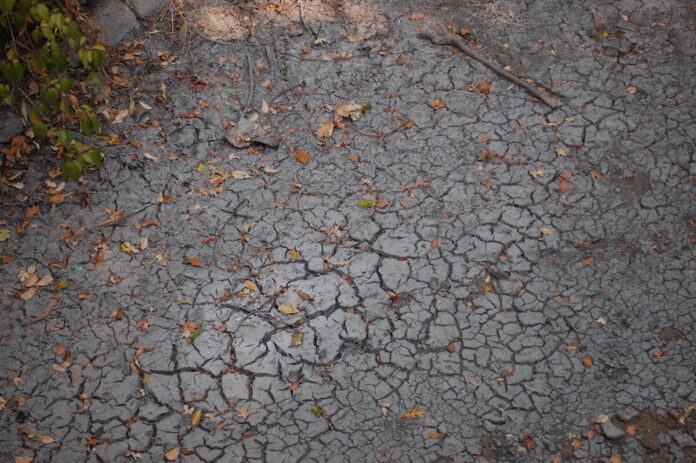The City of Healdsburg is seeking an exemption to lower Russian River curtailment orders issued by the State Water Resources Control Board in the hopes that it can continue diverting water from the river for health and safety purposes.
On Aug. 10, the state water board issued 307 additional curtailment orders to water right holders in the lower Russian River watershed effective Aug. 11. For the City of Healdsburg, which is already at Stage 3 of its emergency water conservation mandate, the lower Russian River curtailment impacts its Dry Creek water right.
Lower river water right holders can petition to seek an exemption to the curtailment order if they need to continue diversions for basic health and human safety needs.
In Healdsburg’s case, the city is seeking an exception to the order and is currently still diverting water from Dry Creek and the Russian River in order to fulfill basic health and human safety needs such as cooking, flushing and cleaning.
“We are at a point now … where we are effectively limited to public health and safety diversions. What that means … is at this time we have submitted a request to the water board to be able to continue (diverting) roughly at the pace we’re at now, and that is under review,” Healdsburg City Manager Jeff Kay said during a city council drought update on Aug. 16.
The lower river curtailment comes just a week after curtailment orders were issued for pre- and post-1914 water right holders in the upper Russian River.
Kay said the city does not have an answer at this time as to whether or not Healdsburg will face further water restrictions.
“We are working hard to make the case that Healdsburg is one of the leaders in terms of achieved savings and I think there’s an argument to be made that there’s not a whole lot more to save,” Kay said. “We’ll do our best to demonstrate that we have certain needs to be able to maintain public health and safety and that’s what this exemption is, but how exactly that plays out is still an open conversation going forward.”
According to city utility department data, city water accounts have reduced their water usage by 74% and the city’s overall current water conservation levels are at 53%.
As the drought continues, Lake Mendocino, which is Healdsburg’s main water source, continues to lose around 190 acre-feet of water everyday.
“All of the city’s water rights are now curtailed, the water rights on the Russian River as well as the water right to Dry Creek,” Healdsburg Utility Director Terry Crowley told SoCoNews in an interview last week.
During the Aug. 2 Healdsburg City Council meeting, Crowley said there is a potential for further water restrictions in Healdsburg, but that he wasn’t sure where else the city could cut water use.
“I think the thing is to try to really maintain where we’re at and continue the good work that’s been accomplished,” Crowley said during the Aug. 2 meeting.
One of the water conservation figures that’s often referred to by the state water board as “basic health and human safety needs,” is 55-gallons per person per day.
“The 55 gallons per person per day is really intended to represent indoor, residential minimum indoor needs to shower, flush your toilets, prepare food and for normal cleanliness,” Crowley said. “The 55 gallons per person per day does not account for other services that are provided to residents, such as food preparation, grocery stores, other essential businesses and it doesn’t account for school districts or regional hospitals and that’s the conversation that we are having with the state board — how do we account for all of these other uses as well and for the public safety need for wildfire mitigation?”
Crowley said it is too early to tell whether or not the city will have to move to a more stringent water savings stage of its emergency water conservation mandate.
“We are in new territory. This is not something the city anticipated at this level of shortage. It’s really historic rainfalls, the lowest rainfall in over 100 years and the lowest storage levels ever in the two reservoirs. Our stage 4 mandate allows for additional restrictions beyond where we are at right now,” Crowley said.
He said if needed, the city can enforce different residential water budgets and limits to outdoor water usage.
When asked if residents should be concerned about the new lower river curtailments, Crowley said there will always be an allowance for basic health and human safety needs.
“Tentatively, in the interim, the state board has agreed to continue to allow Healdsburg to maintain its current level of conservation and then we’ll continue those discussions about what is the water allocation going forward,” Crowley said.
He said the city does have a small back-up supply of water source with Sonoma Water, however, the source is limited due to the drought.
48
F
Healdsburg
April 13, 2025








